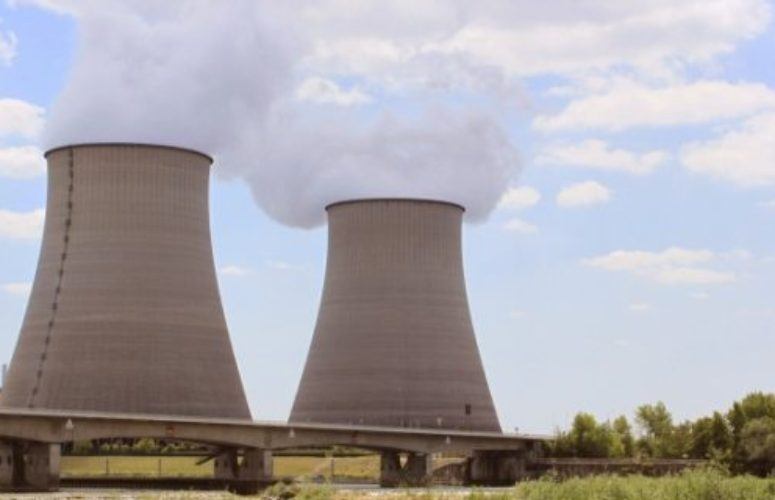
U.S.’ Exelon Has No Plans to Shut Nuclear Power Plants: Executive on Platts Energy Week
On Jul 7, 2014Exelon, the largest operator of nuclear power plants in the U.S., does not intend to close any of them despite financial problems plaguing some units, an executive of the company said Sunday on Platts Energy Week.
“We do not want to, and we don’t intend to close plants,” Bill Von Hoene, Exelon’s chief strategy officer, said on the all-energy news and talk program. “We have no plans to do that now.”
Von Hoene acknowledged that relatively low prices for electricity, sluggish demand and competition from renewable energy put some of Exelon’s nuclear plants at risk of closing.
“We’re working very hard in a number of venues to try to address the regulatory and market-based things that will facilitate proper recognition of the value of the plants, and to allow them to continue to operate on a sustainable basis,” Von Hoene said.
Exelon owns 23 nuclear reactors at 14 sites in the U.S. (In New Jersey, Oyster Creek Generating Station is located in Lacey Township, Ocean County, near the New Jersey shore. Salem Nuclear Power Plant is located in Hancocks Bridge, about 18 miles south of Wilmington, Delaware). But some of Exelon’s plants, including five in Illinois, face financial challenges. The Illinois plants, in particular, face stiff competition from relatively low-priced wind power.
Von Hoene expressed hope that regulatory or legislative relief for Exelon’s nuclear units comes in time to assure the availability to help meet proposed U.S. Environmental Protection Agency limits on carbon emissions from power plants.
“If you took our nuclear plants out and replaced them with gas, which is the fuel of choice these days, it would be the equivalent of putting 16 million additional automobiles on the road,” he said. “So, there is an environmental piece for nuclear, and there’s also a reliability piece.”
The nuclear plants form the bulk of capacity for Exelon Generation, the company’s wholesale power business. Exelon also is planning to expand its holdings in regulated utility businesses, with its proposed $6.8 billion acquisition of Pepco Holdings. Pepco Holdings operates in Washington, suburban Maryland and New Jersey.
Combining Pepco Holdings with Exelon’s existing utilities in Chicago, central Maryland and Pennsylvania would provide Exelon with “a regulated base that supports our dividend, supports our debt at the holding company and that allows us to take advantage of the opportunities that are available with the clean-energy resources that we have on a merchant basis,” he said.
But Exelon is not now considering any further acquisitions, Von Hon Hoene said.
“We’re kind of busy with one we have in play,” Von Hoene said. “But we do believe consolidation within the industry is a trend that will continue, and we’re interested in doing that. It gives a whole variety of advantages to customers and to shareholders alike.”
The proposed transaction is subject to shareholder and regulatory approval. Exelon expects the deal to close in 2015.



